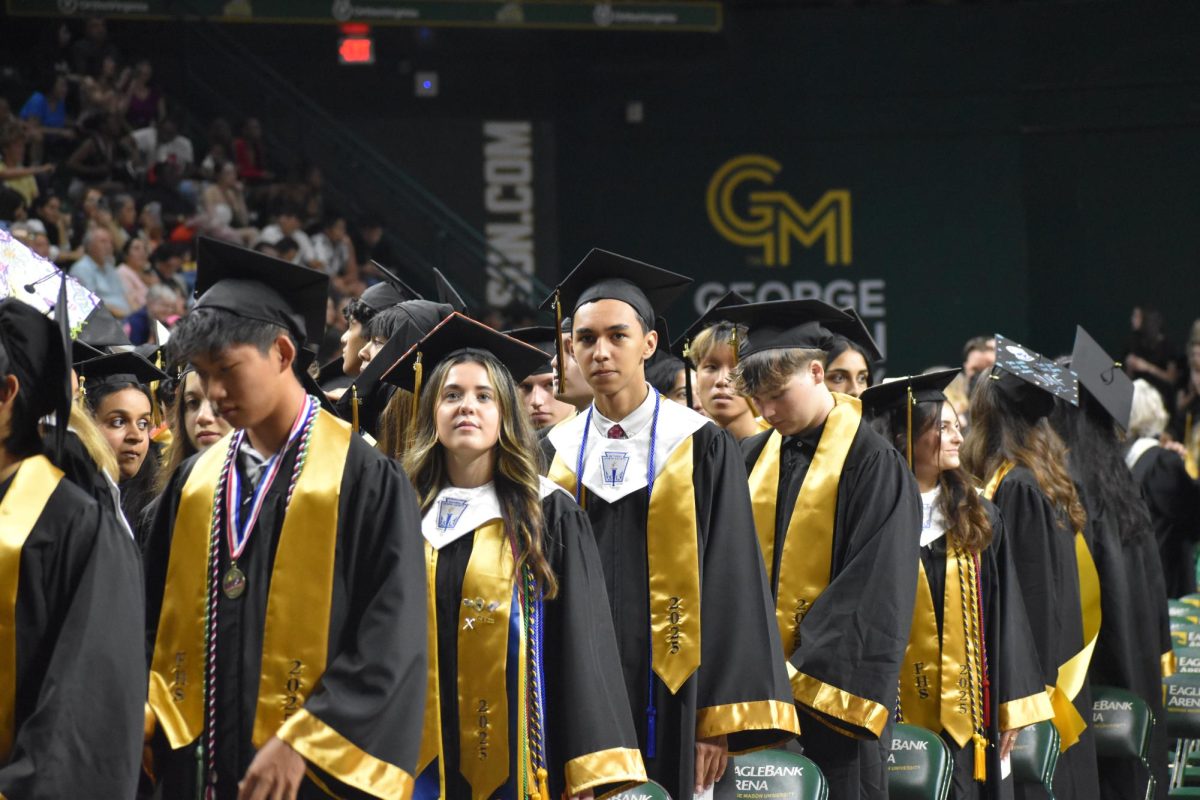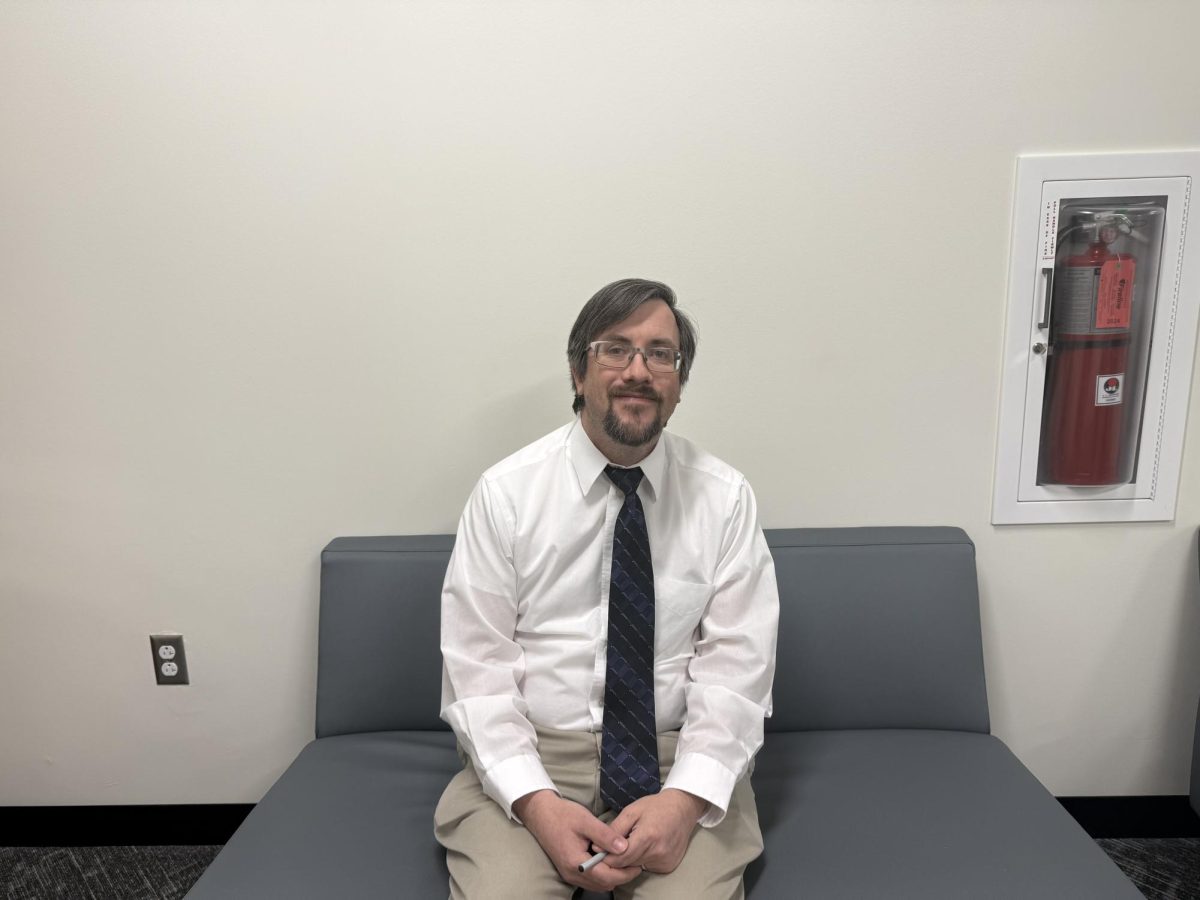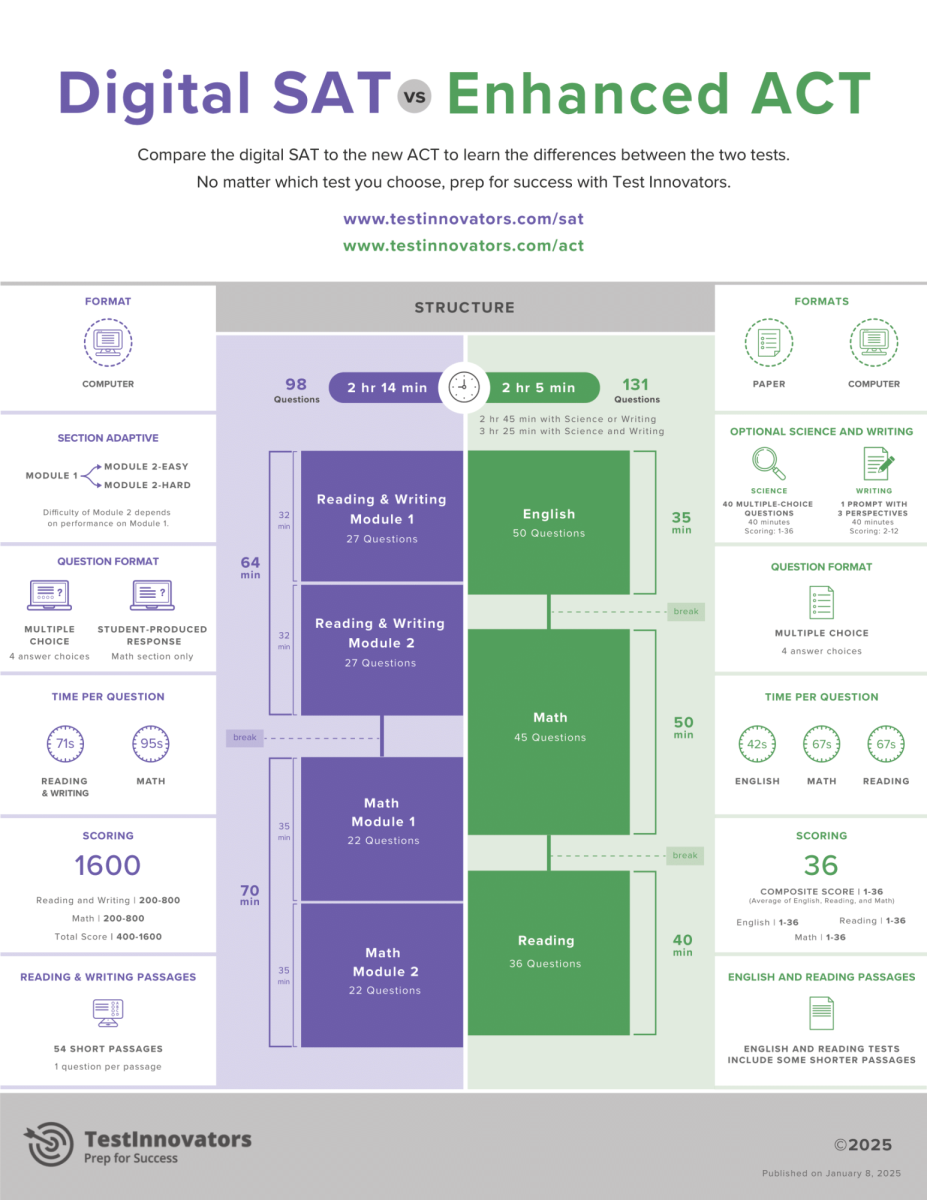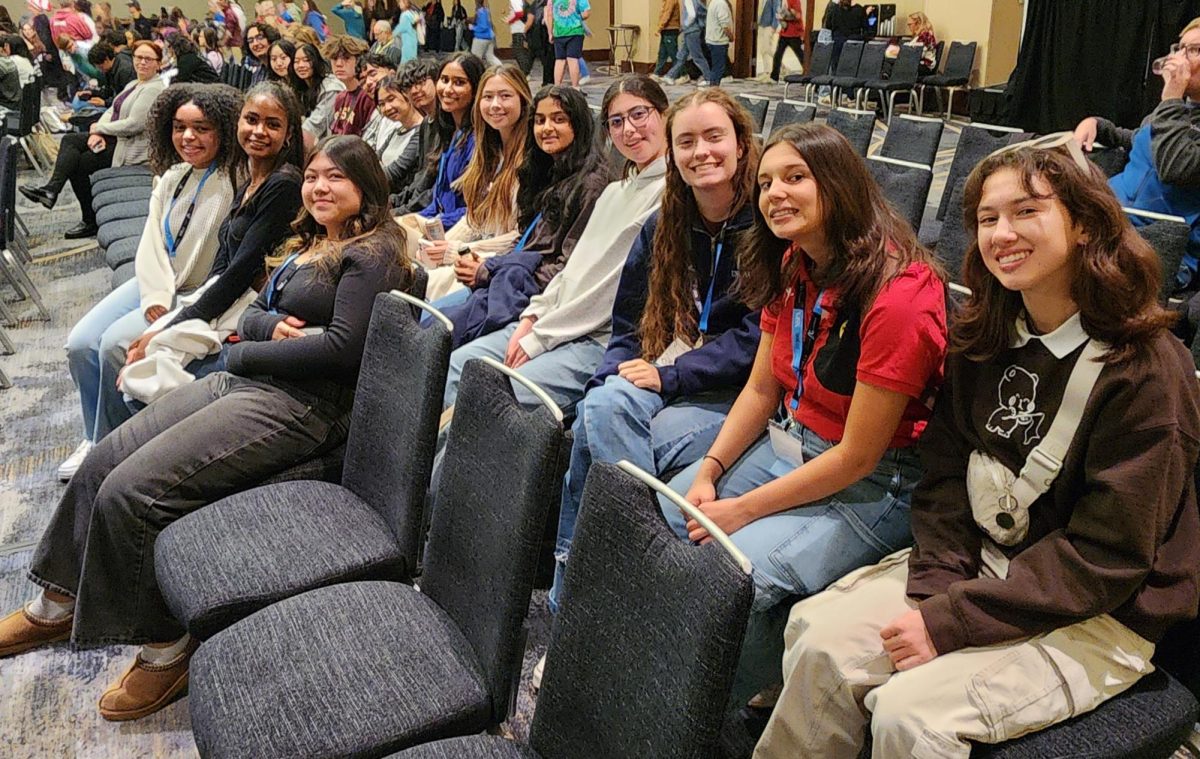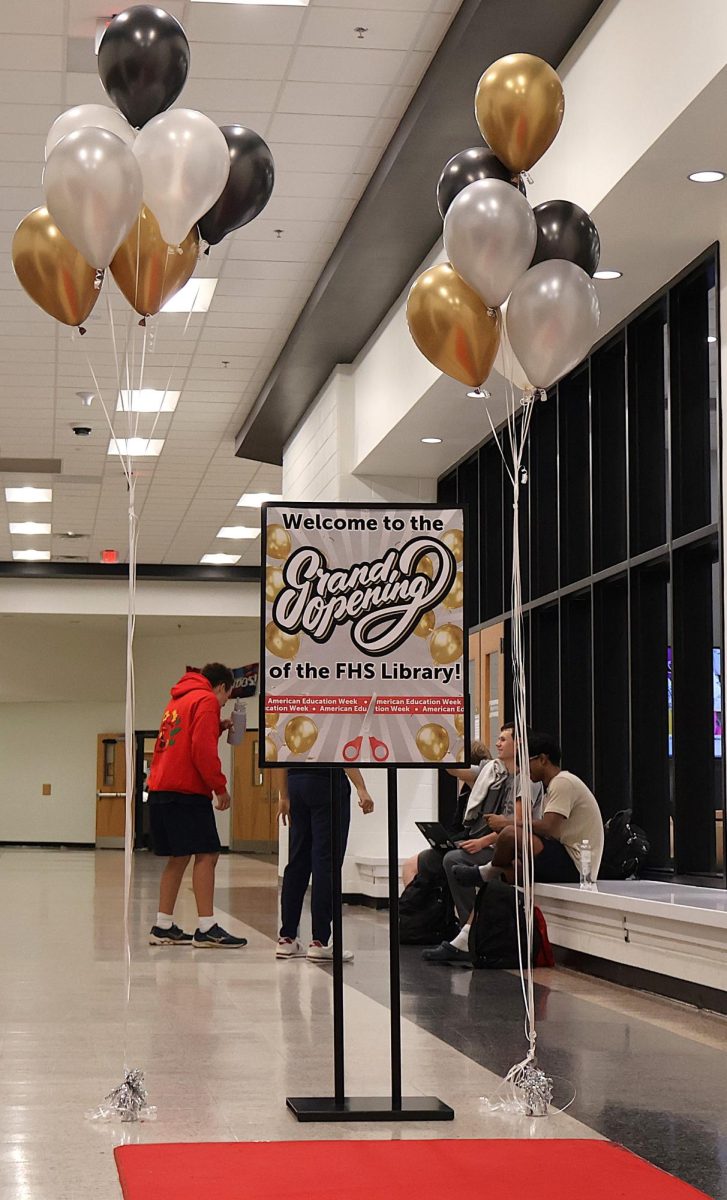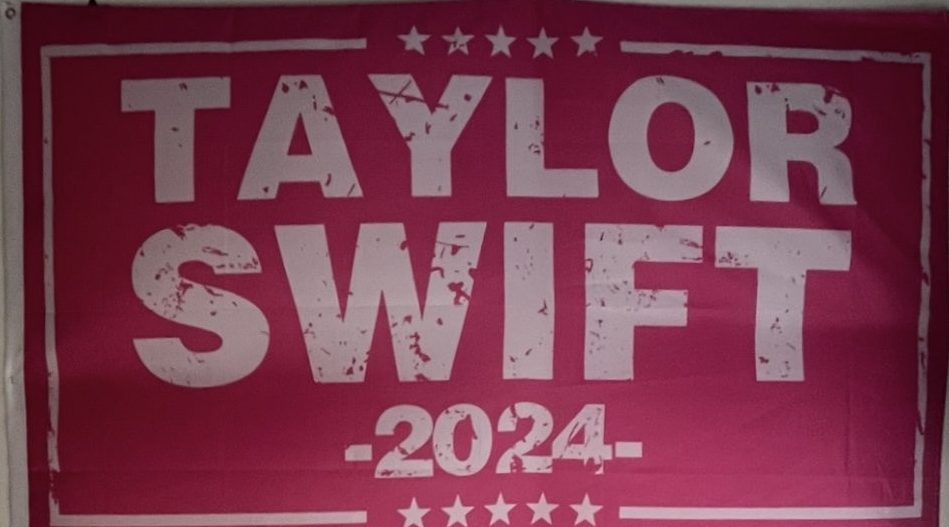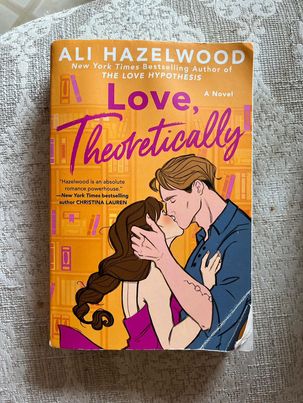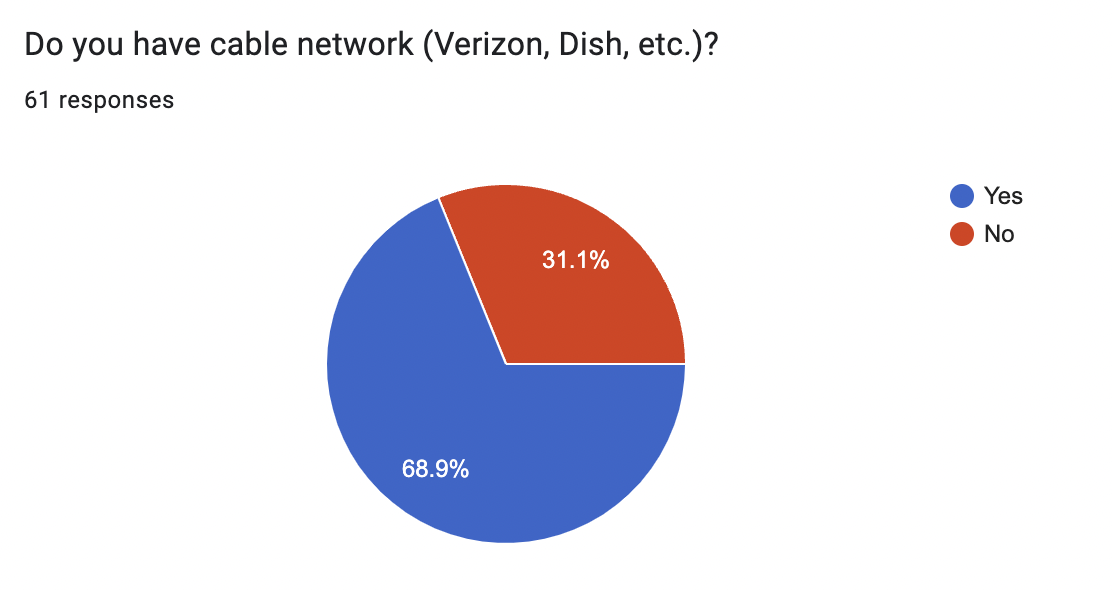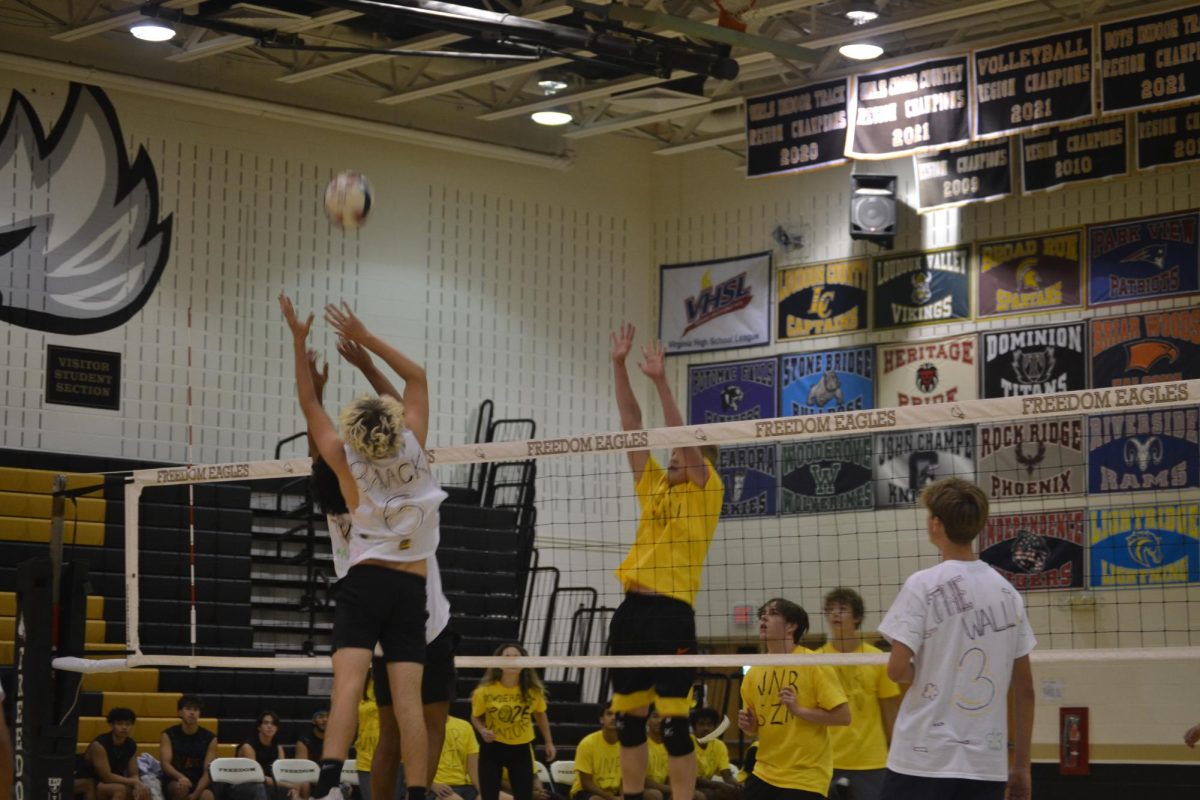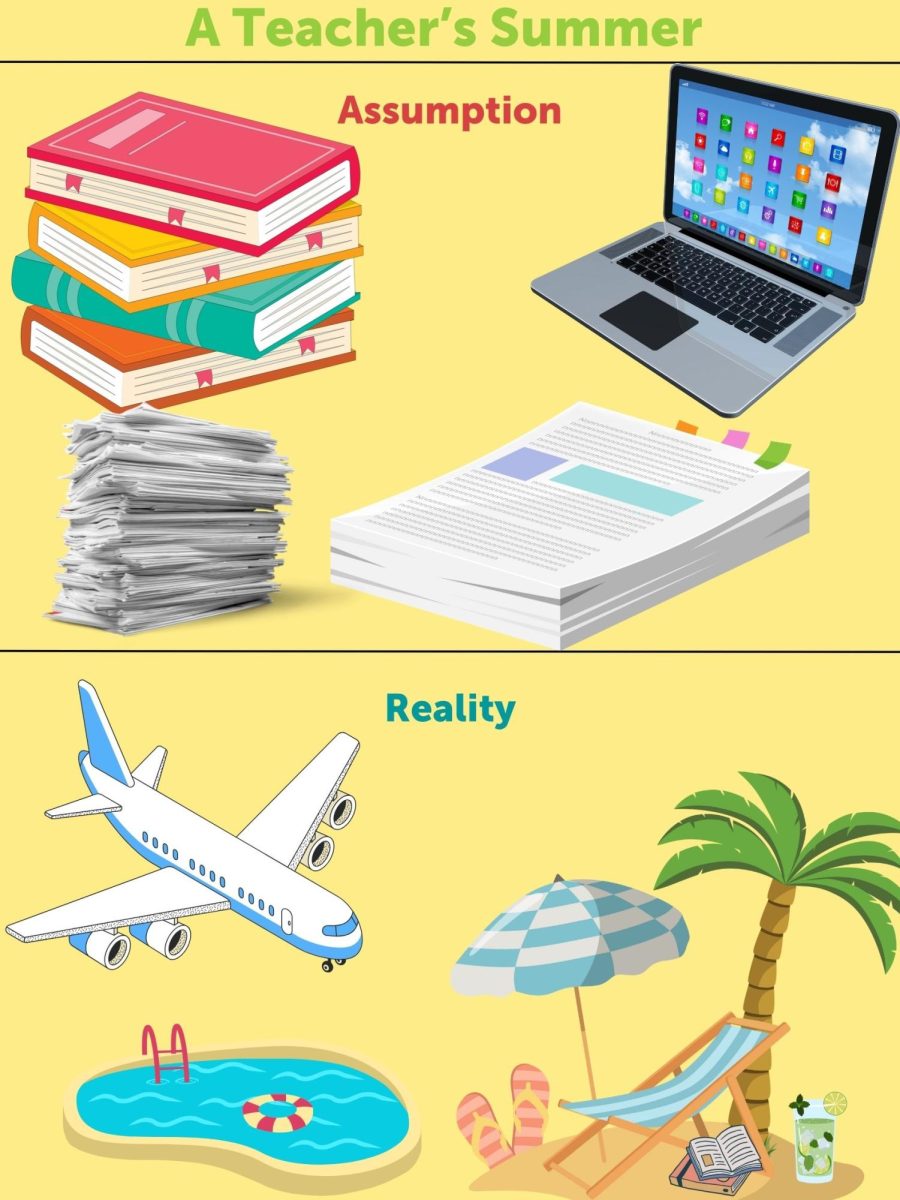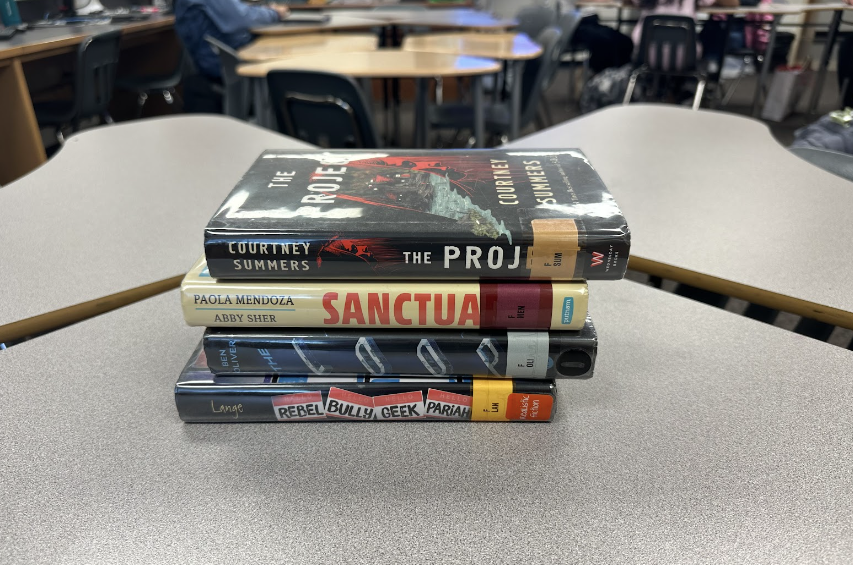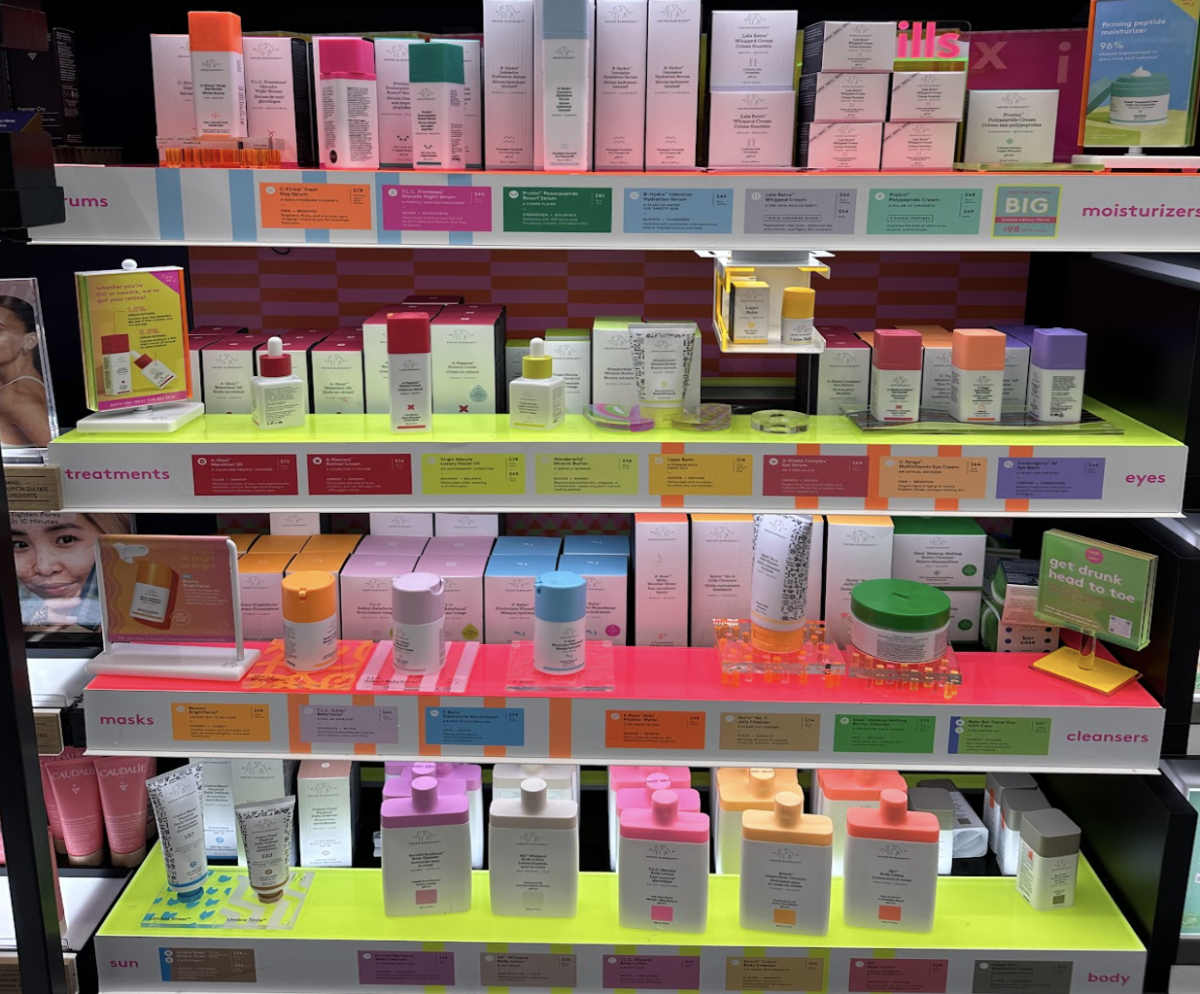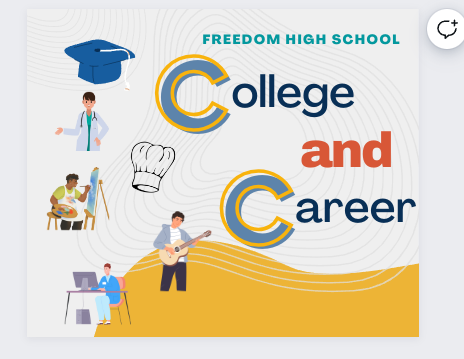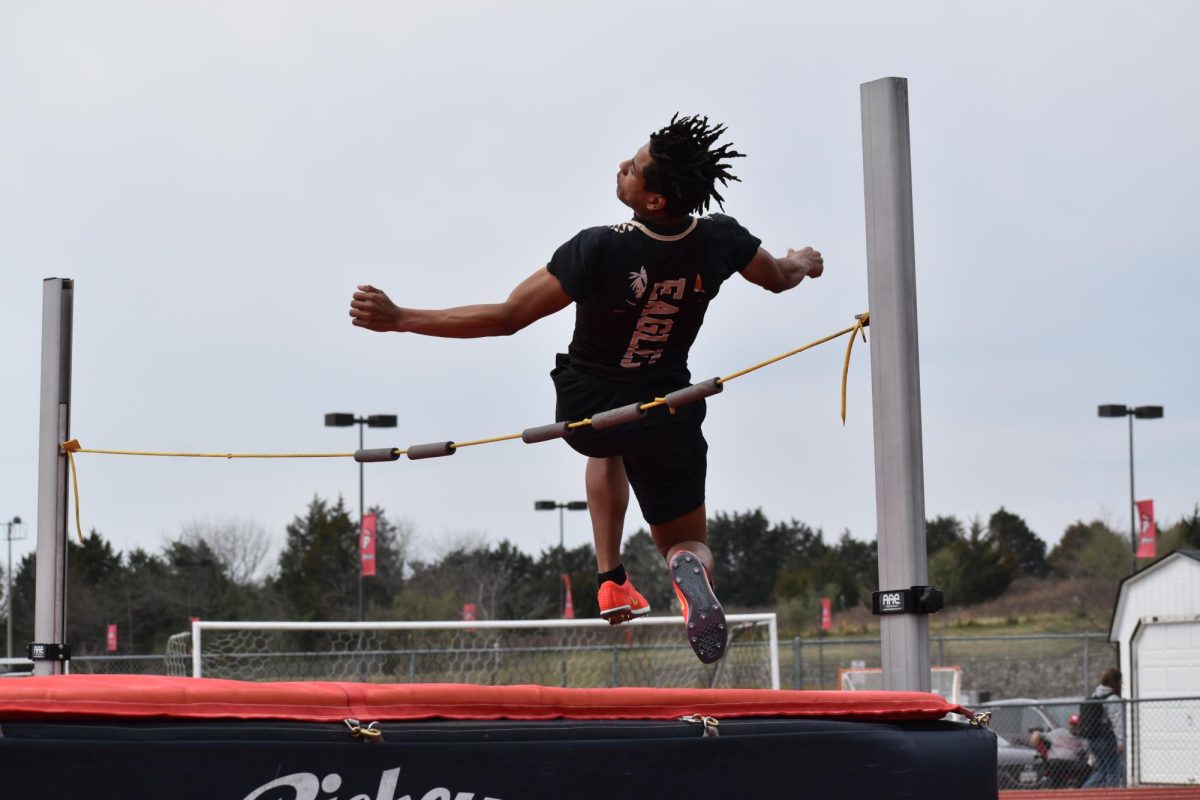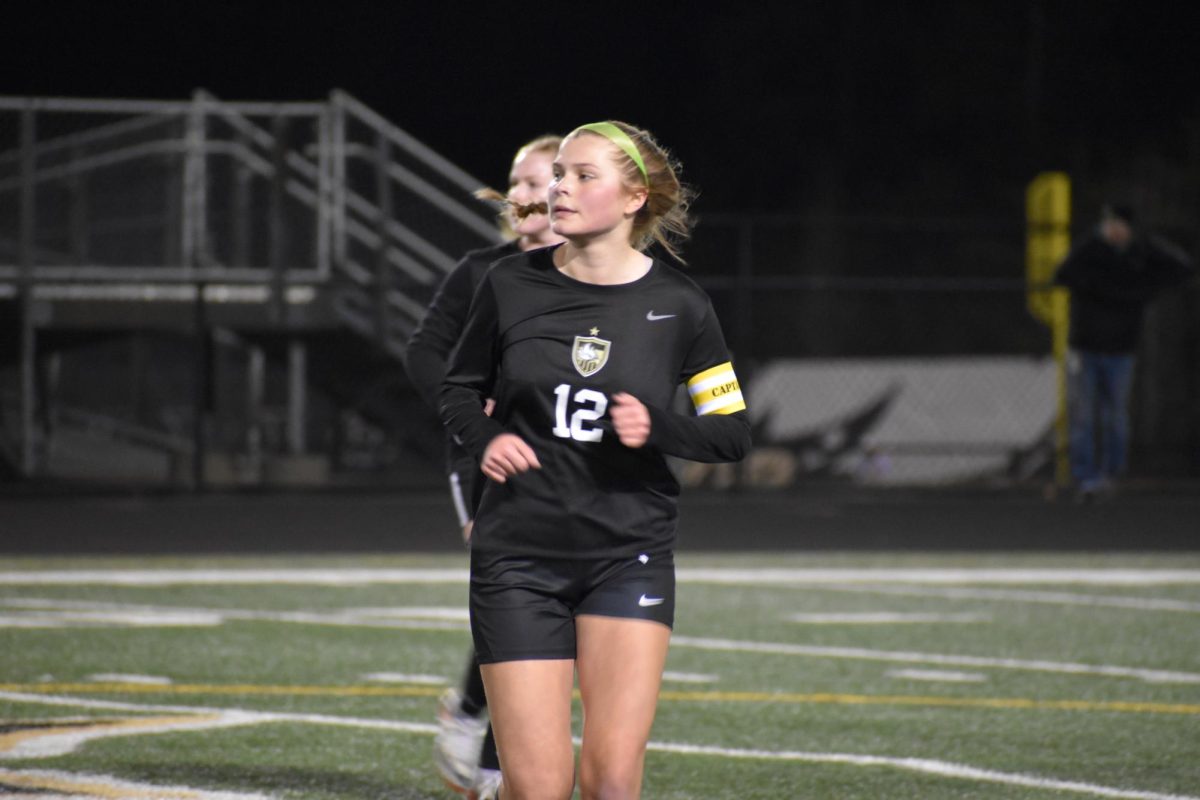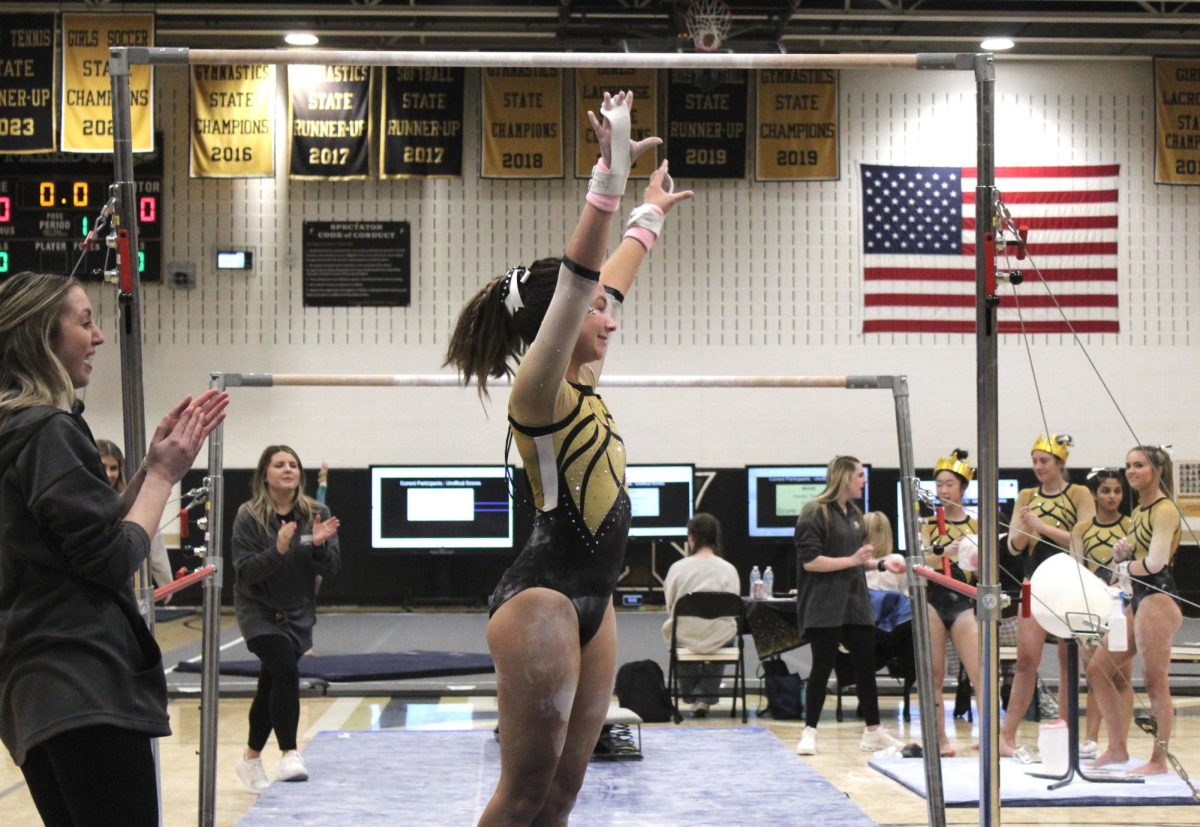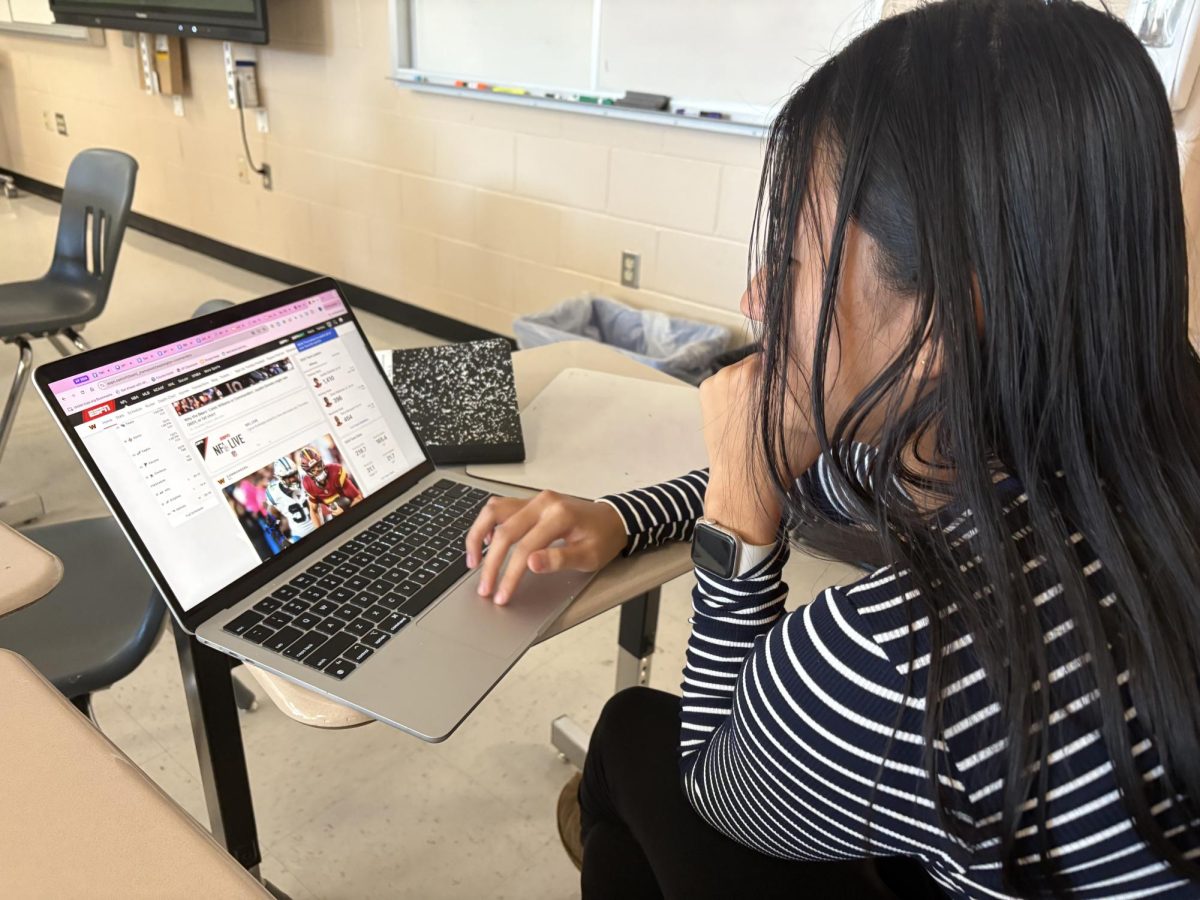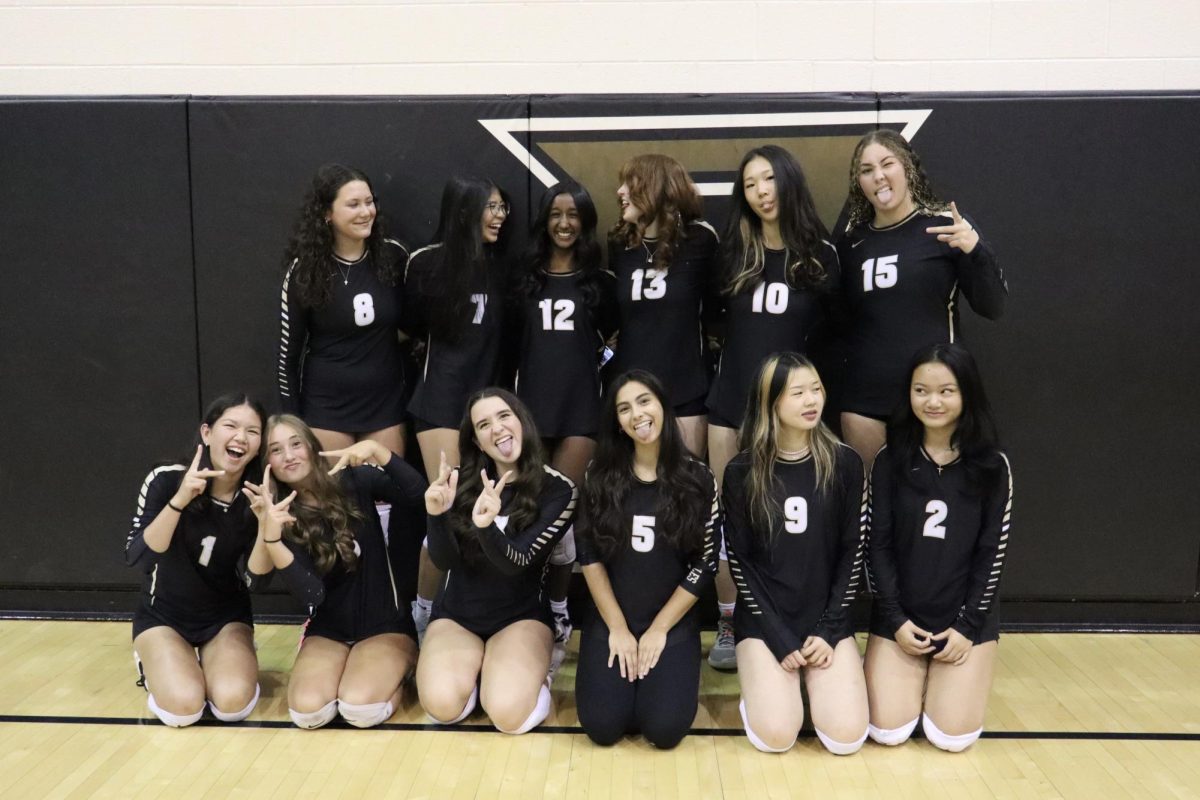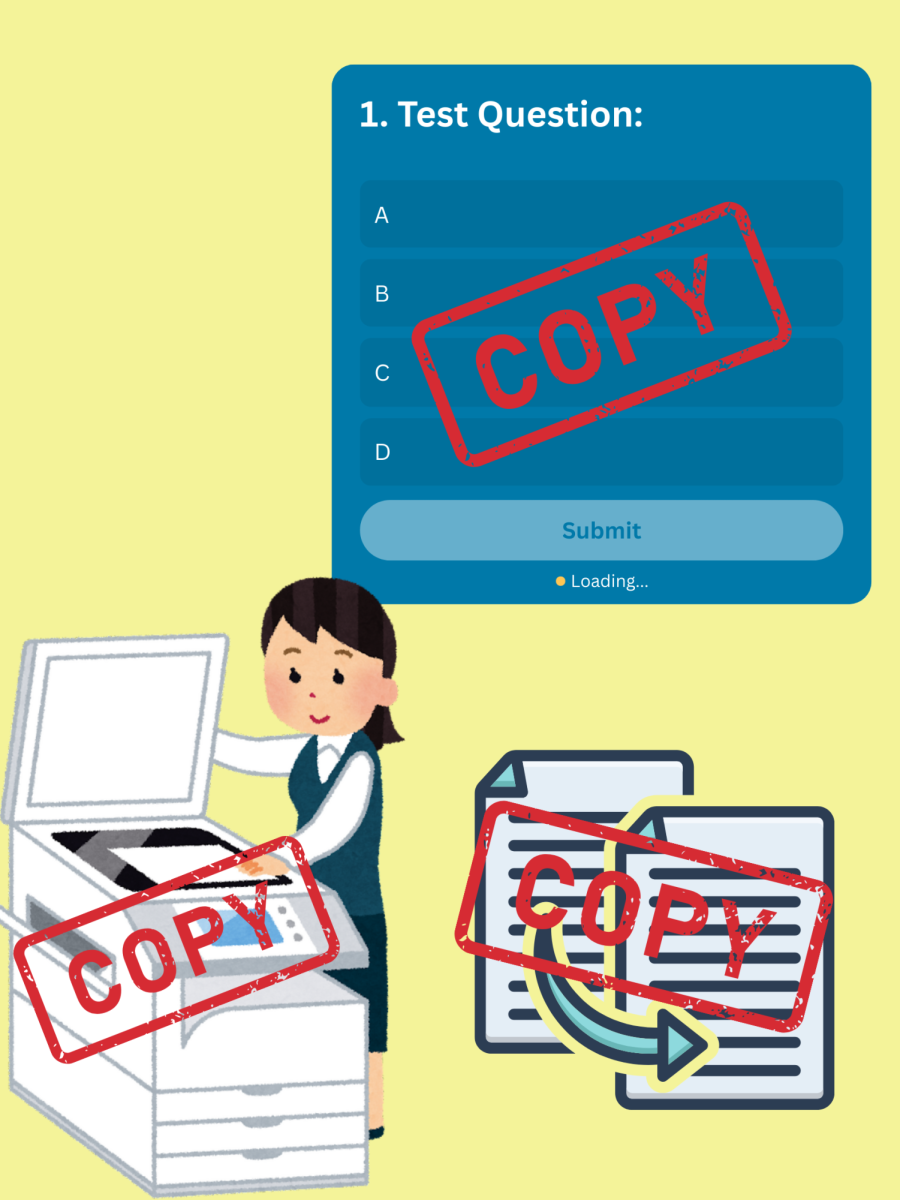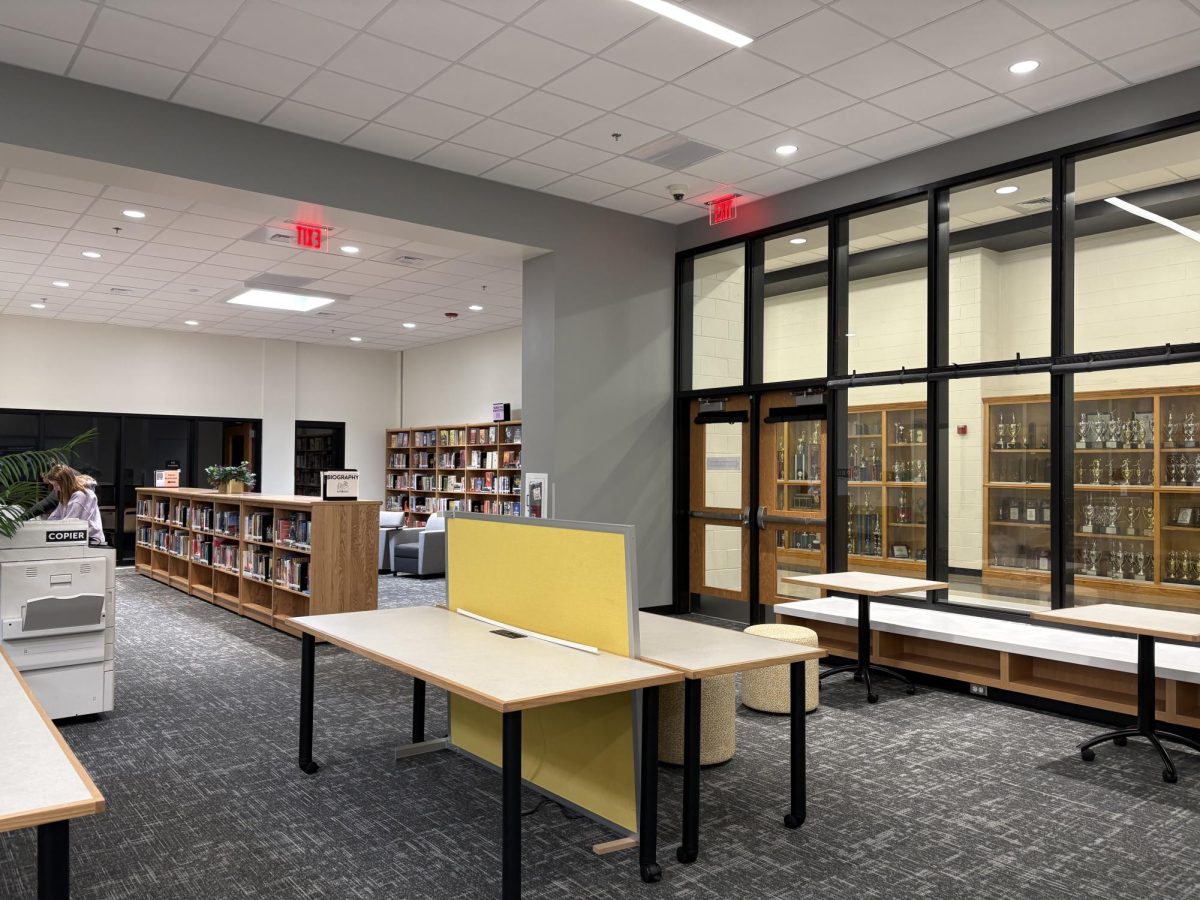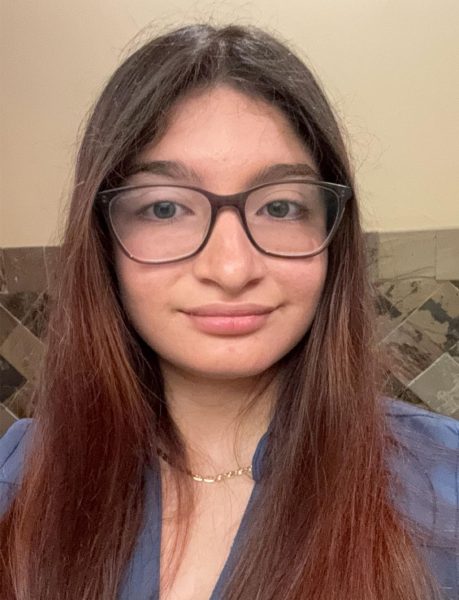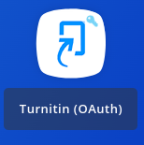
Academic dishonesty has been a very serious problem at Freedom for many years. It isn’t anything new but in the most recent school years, it has shown a major increase, especially in plagiarism.
“It’s the type of thing where cheating becomes normalized or submitting other’s work or asking other students in the hall, hey, what’s on that quiz tomorrow or that test or tell me, give me a leg up,” said Matt Kaberline, English teacher. “Because when that behavior becomes normalized, and more people are doing it, it becomes harder to help others and that’s wrong and it becomes a cultural thing rather than like a learning moment.”
Students have a different view on what actions are considered as cheating or academic dishonesty than teachers and that’s what makes it difficult for teachers because that imbalance is what increases academic dishonesty. Especially when cheating becomes normalized by students and it gets to a certain point where students no longer recognize what actions define academic dishonesty.
“Academic Dishonesty kind of just teaches [students] that they can’t rely on themselves to get a good grade,” said senior Febronia Farowez. “So once they reach a stage, just like college where they have to try and rely on themselves, it’s going to cause them to fail because they don’t know what they’re doing.”
One of the main reasons why teachers find academic dishonesty so troubling is because they care more about helping students improve their skills or learning abilities rather than catching a student in the act of academic dishonesty. So when a student does commit academic dishonesty like plagiarism, it will have a negative impact on students’ learning and if academic dishonesty continues then eventually they will fall behind and struggle with understanding the material.
“I want to understand what my students’ writing is and I want to make it better and so if they plagiarize, it’s only going to hurt their development later on,” said John Hagn, AP World history teacher.
